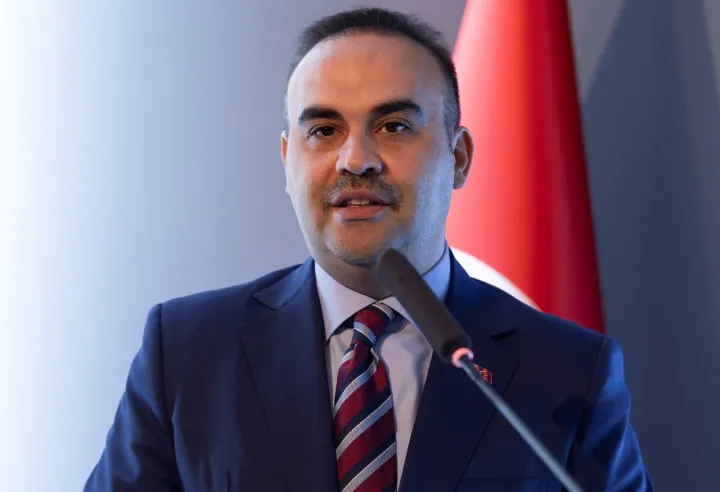Tunisia holds presidential election on Sunday with no strong opposition to incumbent Kais Saied, widely tipped to win. His most prominent critics, including a key contender, are behind bars.
The North African country had prided itself for more than a decade for being the birthplace of the Arab Spring uprisings.
Polling stations open at 8:00 am (0700 GMT) and close at 6:00 pm (1700 GMT). Preliminary results should come no later than Wednesday but may be known earlier, according to ISIE, the electoral board.
In the lead-up to polling day, there have been no campaign rallies or public debates -- and nearly all of the campaign posters in city streets have been of Saied.
With little prospect of change in a country mired in economic crisis, the mood among much of the electorate has been one of resignation.
Critics jailed
"We have nothing to do with politics," Mohamed, a 22-year-old who gave only his first name for fear of retribution, told AFP news agency in Tunis. Neither he nor his friends planned to vote, he said.
After rising to power in a landslide in 2019, Saied, now 66, led the rewriting of the country's constitution. Ahead of Sunday's elections, he is believed to enjoy support from the working classes.
However, a number of his critics across the political spectrum have been jailed, sparking criticism both at home and abroad.
Jailed opposition figures include Rached Ghannouchi, head of the opposition party Ennahdha, which dominated political life after the revolution.
Also detained is Abir Moussi, head of the Free Destourian Party, which critics accuse of wanting to bring back the regime that was ousted in 2011.
'Massive turnout'
ISIE said about 9.7 million people are expected to turn out, but the near certainty of a Saied win and the country's mounting hardships have inspired little to no eagerness to vote.
Standing against Saied are former lawmaker Zouhair Maghzaoui, a supporter of Saied during 2021 constitutional changes, and Ayachi Zammel, a little-known businessman who
has been in jail
since his bid was approved by ISIE last month.
In a speech on Thursday, Saied called for a "massive turnout to vote" and usher in what he called an era of "reconstruction".
He cited "a long war against conspiratorial forces linked to foreign circles", accusing them of "infiltrating many public services and disrupting hundreds of projects" under his tenure.
























